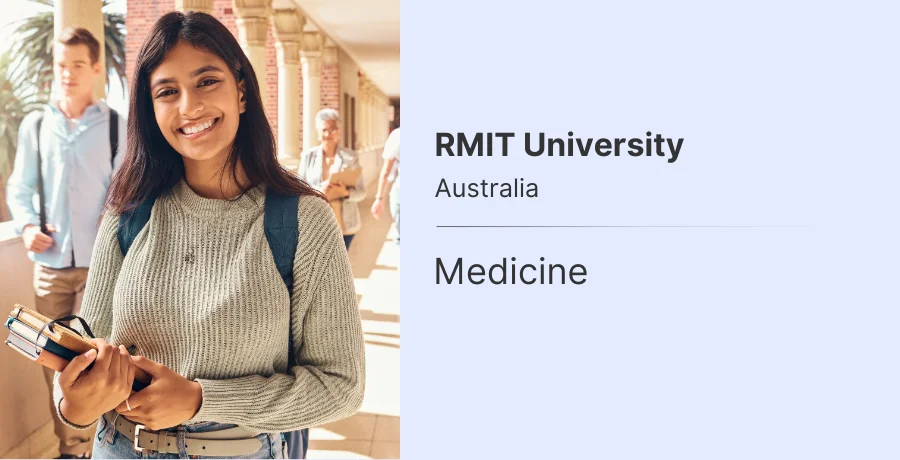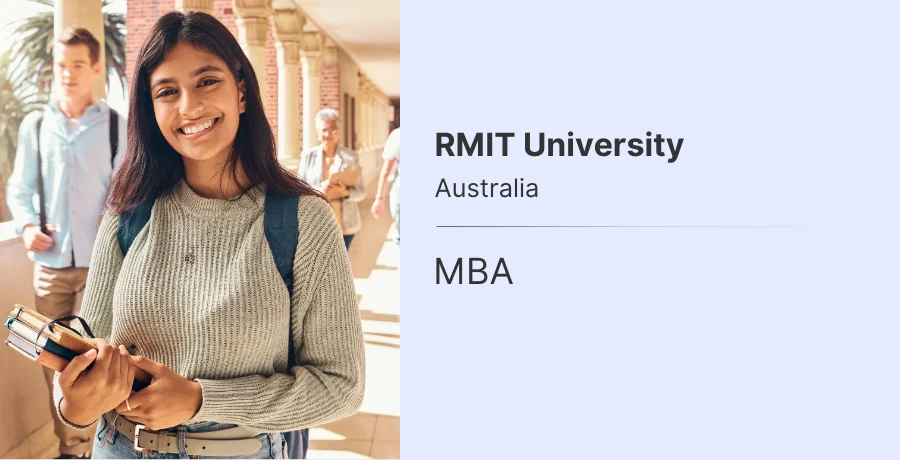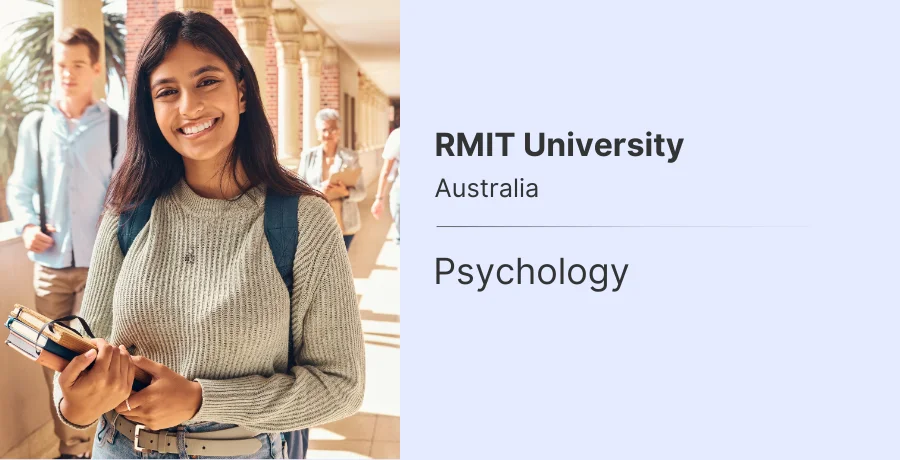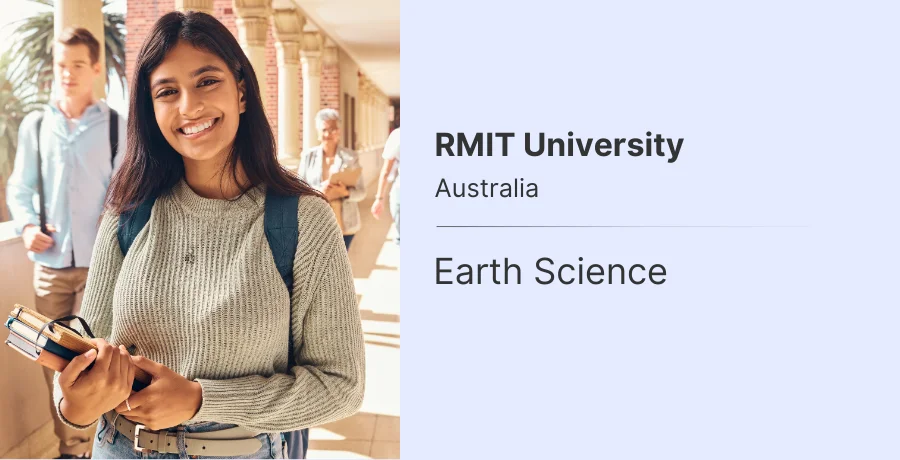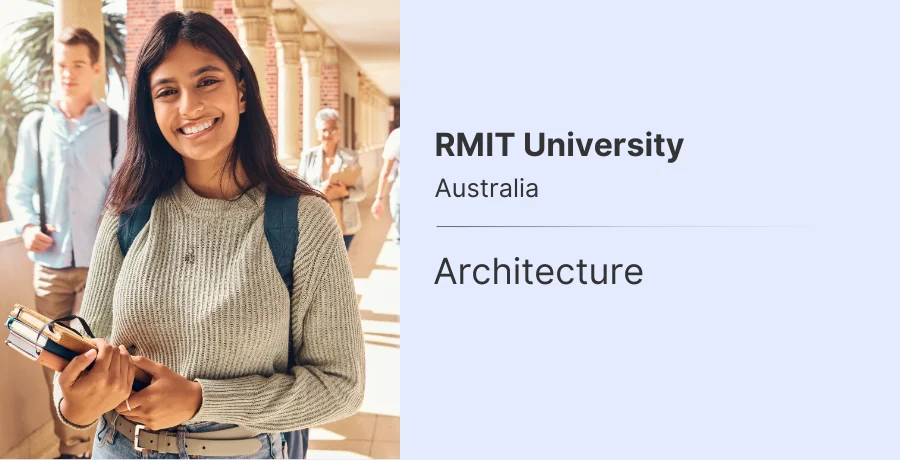Highlights of the University of Divinity
The University of Divinity, established in the year 1910, is renowned for its exceptional academic programs and research opportunities. With a mission to educate and form people for collaborative ministry and leadership, the university ranks highly in various global listings. The institution boasts state-of-the-art infrastructure, including modern classrooms, well-equipped libraries, and advanced research facilities. The teaching faculty comprises experienced scholars and industry experts dedicated to providing a world-class education. The university is well-funded, which ensures continuous development and improvement of its programs. It holds accreditation from several prestigious educational bodies, ensuring the highest standards of academic excellence.
- Year of Establishment: 1910
- Infrastructure: Modern classrooms, well-equipped libraries, advanced research facilities.
- Teaching Faculty: Experienced scholars and industry experts.
- Funding: Well-funded for continuous development.
- Accreditation: Accredited by prestigious educational bodies.
University of Divinity University Rankings
The University of Divinity, known for its specialized focus on theology and ministry education, holds a unique position in the academic landscape. While it might not appear prominently in broad, traditional ranking systems like QS World University Rankings or Times Higher Education due to its specialized nature and smaller size, its impact and quality in theological education are recognized in more specific and contextually relevant evaluations.
National Rankings
- Accredited by the Tertiary Education Quality and Standards Agency (TEQSA), ensuring that its courses meet rigorous national quality standards.
- Often rated highly for student satisfaction and teaching quality in national surveys such as the Student Experience Survey (SES). For instance, recent SES results highlighted that over 90% of its students were satisfied with their learning experience, significantly higher than the national average of around 80%.
International Rankings
Internationally, the University of Divinity is recognized among theological institutions and in religious studies circles. It participates in global theological education networks and often collaborates with international seminaries and theological colleges. Highlights include:
- Partnerships and Collaborations: The University of Divinity maintains active partnerships with institutions worldwide, enhancing its international profile and offering students opportunities for exchange and research.
- Conferences and Symposiums: It regularly hosts and participates in international conferences that contribute to global discussions on theology, philosophy, and religious education, helping to boost its reputation on the international stage.
To learn more about other universities in Australia,click here.
University of Divinity acceptance rate
The University of Divinity has maintained a relatively higher acceptance ratereflecting its commitment to theological education. Unlike other universities in the UK where acceptance rates fluctuate from year to year based on application trends and program capacities, the University of Divinity's acceptance rate remained stable. When compared with institutions that offer a wider range of disciplines, the University of Divinity’s acceptance rates are notably higher. For instance, technical and research-intensive universities often report undergraduate acceptance rates below 30%, influenced by high competition in STEM fields.
The University of Divinity Entry requirements
The University of Divinity offers a welcoming environment for students from around the globe. With a significant percentage of international students, the university promotes a diverse and inclusive community. Admissions are available for undergraduate and postgraduate programs, intakes in multiple semesters throughout the year. The university's infrastructure supports a conducive learning environment, with facilities designed to enhance academic and personal growth.
UG Admissions
- Completion of high school education with a minimum GPA requirement.
- Submission of official transcripts and academic records.
- Standardized test scores (e.g., SAT, ACT) may be required.
- Proof of English language proficiency (e.g., IELTS, TOEFL) for non-native speakers.
- Personal statement and letters of recommendation.
PG Admissions
- Completion of an undergraduate degree from a recognized institution.
- Submission of official transcripts and academic records.
- Graduate standardized test scores (e.g., GRE, GMAT) may be required.
- Proof of English language proficiency (e.g., IELTS, TOEFL) for non-native speakers.
- Personal statement, letters of recommendation, and a resume/CV.
Ph.D. Admissions
- Completion of a master’s degree in a relevant field from a recognized institution.
- Submission of official transcripts and academic records.
- Proof of research capability through a thesis or publication.
- Proof of English language proficiency (e.g., IELTS, TOEFL) for non-native speakers.
- Research proposal and letters of recommendation.
UG Programs
- Bachelor of Theology: Focuses on comprehensive theological education.
- Bachelor of Ministry: Prepares students for ministry roles within religious communities.
- Bachelor of Arts in Philosophy: Offers in-depth knowledge of philosophy and ethics.
- Bachelor of Divinity: Provides a thorough understanding of religious doctrines and practices.
PG Programs
- Master of Theology: Advanced theological studies for deeper understanding.
- Master of Ministry: Prepares for senior ministry positions.
- Master of Arts in Religious Studies: Focuses on interdisciplinary religious studies.
- Master of Divinity: Comprehensive program for religious leadership roles.
The University of Divinity Courses
The University of Divinity offers a variety of programs designed to cater to the educational needs of students interested in theology, ministry, and religious studies. The programs are tailored to provide both academic and practical knowledge, ensuring graduates are well-prepared for their future careers.
- The University of Divinity has seen a consistent increase in enrollments over the past five years, with a notable 15% increase in the last academic year alone.
- Completion rates for undergraduate programs stand at an impressive 85%, well above the national average for tertiary education in Australia.
Undergraduate Programs:
- Bachelor of Theology: Integrates classical theological disciplines like biblical studies, church history, and systematic theology with contemporary issues.
- Bachelor of Ministry: Focuses on practical ministry skills, pastoral care, and leadership training for church and community roles.
Postgraduate Programs:
- Master of Theological Studies: Provides advanced study in theological sciences, intended for those seeking careers in academic or church leadership.
- Master of Divinity: Equips students with comprehensive theological education, critical for ordained ministry and other church leadership positions.
- Doctor of Philosophy: Offers candidates the opportunity to conduct significant research in their chosen theological discipline.
The University of Divinity University Intakes
The University of Divinity offers two main intakes each year, in February and July, aligning with the Australian academic calendar. These intakes allow students to start their theological studies at the beginning of the academic year or mid-year. Application deadlines are typically set a few months before the start of each semester.
Accommodation
On-campus accommodation
The University of Divinity offers on-campus accommodation options for students, providing a safe and supportive living environment. The facilities include furnished rooms, common areas, and dining services, ensuring a comfortable stay for students.
Off-campus accommodation
For those who prefer to live off-campus, the university assists in finding suitable housing options nearby. These include rental apartments, shared housing, and homestay arrangements, catering to different preferences and budgets.
Housing options
- On-campus dormitories, rental apartments, shared housing, and homestays.
Cost of Living in Melbourne
Melbourne, where the University of Divinity is primarily located, is known for its vibrant culture and relatively high cost of living. Monthly expenses for students generally range from AUD 1,500 to 2,200, covering accommodation, food, and transportation. Melbourne offers a rich environment for theological study, with access to numerous cultural and religious resources.
Cost of Tuition Fees
Understanding the Costs of Theological Education Tuition fees at the University of Divinity vary based on program and student residency status:
- Domestic Students: Approximately AUD 6,500 per year for full-time enrolment in most undergraduate programs.
- International Students: Fees can range from AUD 14,000 to AUD 16,000 per year, reflecting the additional support services and facilities provided to international students. These figures are indicative and can change annually, so students are advised to consult the university’s official website for the most current fee structures.
| Program | Approximate Tuition Fees |
|---|---|
| Undergraduate Programs | $20,000 - $25,000 per year |
| Postgraduate Programs | $25,000 - $30,000 per year |
Cost of Living
The cost of living for students at the University of Divinity varies based on lifestyle and accommodation choices. Below are the approximate monthly expenses:
| Expense | Approximate Cost |
|---|---|
| Rent & Utilities | $800 - $1,200 |
| Food & Drink | $300 - $500 |
| Entertainment | $100 - $200 |
Scholarships
The University of Divinity offers several scholarships to support students in their academic journey. These scholarships are based on merit, financial need, and specific criteria set by the university. Below is a list of the top 10 scholarships along with the maximum amount offered:
| Scholarship | Maximum Amount Offered |
|---|---|
| Divinity Excellence Scholarship | $10,000 |
| International Student Scholarship | $8,000 |
| Merit-Based Scholarship | $7,000 |
| Need-Based Scholarship | $6,000 |
| Research Scholarship | $5,000 |
| Community Service Scholarship | $4,000 |
| Leadership Scholarship | $3,000 |
| Sports Scholarship | $2,000 |
| Arts and Culture Scholarship | $1,500 |
| Minority Scholarship | $1,000 |
To know about the Australia study visa requirements, click here.
Placements
The University of Divinity has a dedicated placement cell that assists students in securing employment post-graduation. The university boasts a high placement rate, with graduates finding roles in various sectors. Below are the major 6 job roles with the highest approximate salary:
| Job Role | Approximate Salary |
|---|---|
| Theologian | $70,000 |
| Religious Educator | $65,000 |
| Ministry Leader | $60,000 |
| Research Scholar | $55,000 |
| Chaplain | $50,000 |
| Community Service Manager | $45,000 |
University of Divinity FAQs
Q: What are the English language requirements for international students?
A: International students must demonstrate English proficiency through IELTS, TOEFL, or PTE, with specific requirements depending on the program of study.
Q: Can international students work while studying at the University of Divinity?
A: Yes, international students can work up to 20 hours per week during the academic term and full-time during holidays, subject to visa conditions.
Q: Are there scholarships available for international students at the University of Divinity?
A: The University of Divinity offers a limited number of scholarships for international students, primarily based on academic merit and financial need. Students can also explore external scholarship options.
Q: How do I apply for accommodation in Melbourne?
A: Students typically arrange their accommodation independently, as the university does not offer on-campus housing. Options include private rentals, shared housing, or student accommodation services in Melbourne.
Q: What is the typical class size at the University of Divinity?
A: Class sizes at the University of Divinity are generally small, often ranging from 10 to 20 students, fostering a close-knit learning environment and encouraging deep discussion and personalized interaction with faculty.



